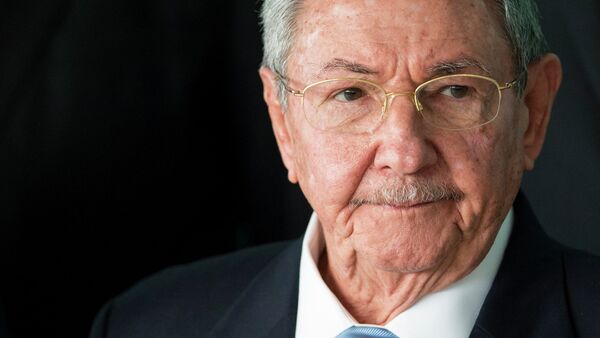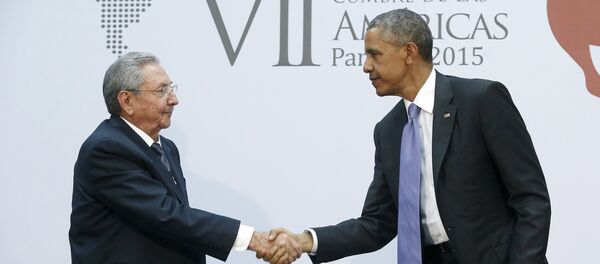Even though the Island of Liberty does not produce much oil, the nation’s economy is heavily dependent on multi-billion dollar financial assistance in cash tranches and oil shipments from Venezuela. While the latter’s oil-based economy is struggling in current energy market conditions, Cuban leader Raul Castro warned of the rising headwinds to the island’s economy.
In 2016, Cuban leadership expects an average 2% annualized growth compared to that of 4% this outgoing year, 1% in 2014 and 2.7% in 2013. This year’s robust expansion in the island’s economy was mainly driven by the influx of wealthy American tourists, eager to see one the few Communist nations in the world after the repeal of a decades long mutual travel ban. However, the positive effects of the booming tourism industry might fade as financial inflows from oil-dependent Venezuela might dry out next year.
"We must cut any unnecessary spending and make use of the resources that we have with more rationality and with the goal of developing the country," the Cuban leader Raul Castro said in his speech at National Assembly of People’s Power, the nation’s parliament.
The government controls some 80% of Cuba’s economy, and the private sector’s input into the nation’s GDP is limited due to many restrictions.
Services are the largest sector of the economy, comprising some 75% Cuban GDP. In the recent years, the government in Havana has undertaken several small-scale market reforms, allowing the establishment of small businesses and private property. Still, Cuba’s dependence on direct foreign subsidies is still rife.
The decline in oil prices "has affected our relationship of mutual aid with various countries, particularly the Bolivarian Republic of Venezuela, the target of an economic war aimed at undermining popular support for its revolution," Castro said.
The Venezuelan opposition allegedly won the election due to the deterioration in the nation’s economy under the Socialist government of Maduro. In
Cuba, many people are also dissatisfied with low wages, and rising prices of consumer goods. Salaries on the Cuban state-funded payrolls rarely exceed $25 per month, reflecting negatively on the well-being of households.
"The history of our revolution is full of glorious pages despite difficulties, risks and threats," Castro said.
Although cheaper fuel has lowered the price of the imported goods in Cuba, the decline in oil prices has impaired the volume of financial aid the island received from Venezuela in this outgoing year. Cuba has directed several thousand highly qualified medical personnel to Venezuela over past several years in exchange for financial assistance, however, Venezuela might not be able to fulfill its part of the deal anymore.



